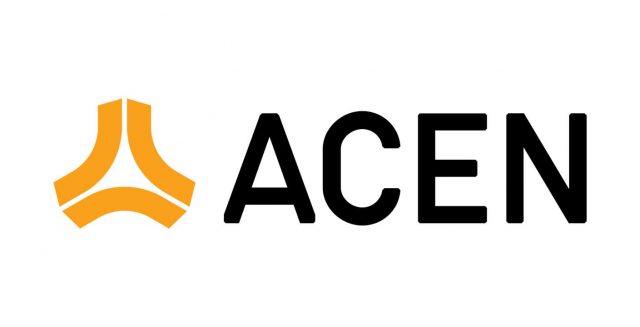AC ENERGY Corp. (ACEN) is allocating P55 billion as capital expenditure budget for the expansion of its renewable energy business, its chairman said during the Ayala-led firm’s annual meeting on Monday.
“We have earmarked P55 billion for our renewable energy expansion,” ACEN Chairman Fernando Zobel de Ayala told stockholders during the virtual event.
“Last year was a noteworthy period, as we added 1,200 megawatts (MW) of renewable attributable capacity. The company also increased its project pipeline to 18,000 MW, putting its position to aggressively expand its renewable investments,” he said.
During the same meeting, ACEN President and Chief Executive Officer Eric T. Francia said the company had raised “significant capital” of about P48 billion last year “to help enable and convert” a pipeline of renewable energy developments into operating projects.
“Given our strong growth momentum, the company is beginning to look ahead to 2030, and we will soon firm up our 2030 vision and strategy,” he said, noting that the company’s 2030 vision will be unveiled later in the year.
Currently, 87% of ACEN’s capacity, or 3,300 MW, is sourced from renewables such as solar, wind, and geothermal.
The Philippines remains to be ACEN’s core market, accounting for 40% of the listed energy platform’s capacity, while the other 60% comes from various international ventures.
The company plans to continue building on three key strategies for its aggressive growth plans: expanding its geographic footprint, investing in new technologies, and forming strategic partnerships.
To complement its renewable energy generation projects, ACEN has embarked on battery storage development, floating solar, and offshore wind energy.
In 2021, the company tapped Nefin for distributed generation, German-based IB Vogt for Asia Pacific solar projects, and Super Energy for solar energy facilities particularly in the Greater Mekong area in Southeast Asia.
“These recent developments strengthen both ACEN’s organic development and operating capabilities and our partner network across the region,” Mr. Francia said.
Last year, the company started building more than 500-MW worth of projects, including the 283-MW San Marcelino solar farm in Zambales and the 160-MW Pagudpud wind farm in Ilocos Norte.
Mr. Francia said the two projects are set to be the country’s largest solar and wind farms once operational in 2023.
Within the region, ACEN has reached 1,000 MW of attributable capacity in Vietnam as it completed several wind farms with a combined 360 MW of attributable capacity, including the acquisition of a 49% stake in Super Energy’s 837-MW solar platform in Vietnam.
The company is also constructing the 520-MW-peak New England solar farm, which it expects to be the largest solar farm in Australia and the 420-MW-peak solar farm in India.
“To unlock the potential of our core solar and wind projects, we will be complementing these with battery storage to help manage the intermittency,” Mr. Francia said.
ACEN last year started operating the 40-MW Alaminos energy storage project, its first battery storage, which complements a 120-MW solar plant.
“We also started the construction of a 15-MW-hour battery storage project in Vietnam. This is a pilot utility-scale project supported by the US government,” Mr. Francia said.
On Monday, shares in the company slipped P0.04 or 0.49% to close at P8.16 each at the stock exchange. — Ram Christian S. Agustin

















